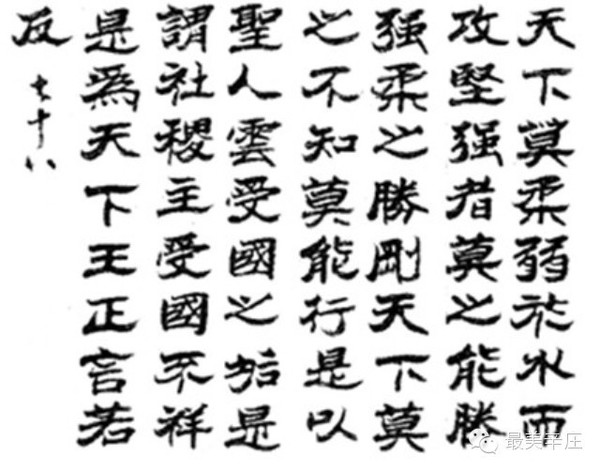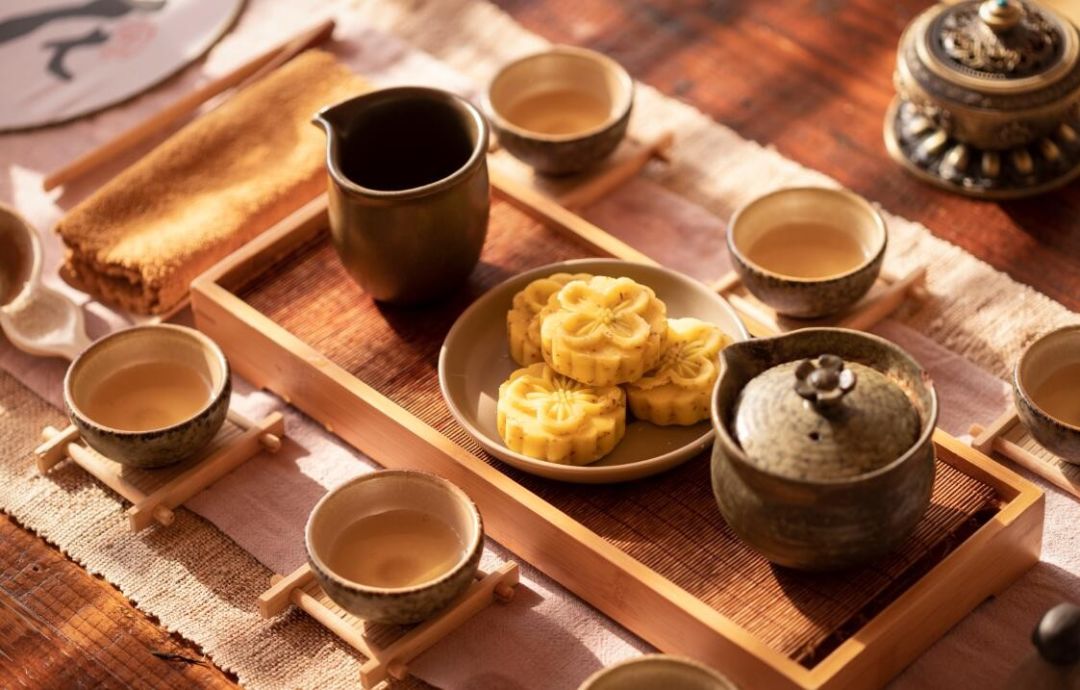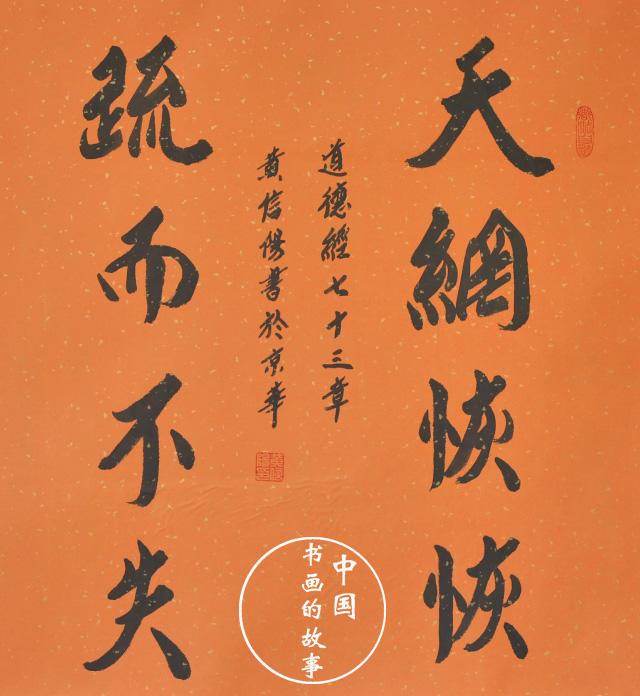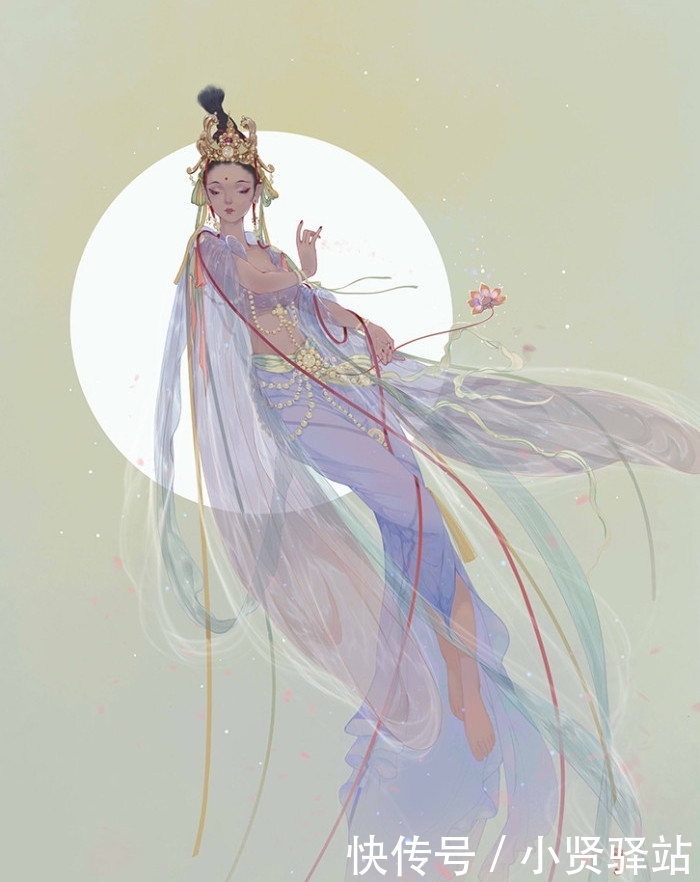
74
| 道德經: |
民不畏死,奈何以死懼之?
若使民常畏死,而為奇者,吾得執而殺之,孰敢?
常有司殺者殺。
夫司殺者,是大匠斲;夫代大匠斲者,希有不傷其手矣。
 |
| Dao De Jing: |
(Restraining delusion)
The people do not fear death; to what purpose is it to (try to) frighten them with death? If the people were always in awe of death, and I could always seize those who do wrong and put them to death, who would dare to do wrong?
There is always One who presides over the infliction death. He who would inflict death in the room of him who so presides over it may be described as hewing wood instead of a great carpenter. Seldom is it that he who undertakes the hewing, instead of the great carpenter, does not cut his own hands!
|
[注釋]
1、為奇:奇,奇詭、詭異。為奇指為邪作惡的人。
2、執:拘押。
3、司殺者:指專管殺人的人。
4、代司殺者:代替專管殺人的人。
5、斫:砍、削。


Dao De Jing Chapter 74 - Seddon
74
If the people are not afraid to die,
How can you threaten them with death?
If the people are kept in constant fear of death,
And if it were possible to arrest and put to death the law-breakers,
Who would dare do this?
It is the master executioner who does the killing.
To assume the role of the master executioner and do the killing for oneself
Is like carving wood for oneself
Instead of leaving it to the master carpenter.
Those who carve wood for themselves
Instead of leaving it to the master carpenter
Rarely escape without cutting their own hands.

第七十四章
民不畏死,奈何以死懼之?若使民常畏死,而為奇者,吾得執而殺之,孰敢?常有司殺者殺。夫代司殺者殺,是謂代大匠斲,夫代大匠斲者,希有不傷其手矣。
When people do not fear death, how can the threat of death scare them? If the ruler makes sure that people do fear death, and when one of them breaks the law and he executes them, who will dare to break the law? Trying to control the future is like trying to take the master carpenter’s place. When you handle the master carpenter’s tools, chances are that you’ll cut yourself.
【淺釋】: 當人民不怕死時,死刑的懲罰效益就不高。反之當人民怕死時,就不敢作奸犯法,深怕被繩之以法,如此還有誰敢輕犯法律。對於那些不怕死的人而言,不管是執行死刑的人,或代替殺人的人,就像代替木匠去伐木的人一樣,不知自己在造殺業,做多了早晚都會傷到自己。
【活學活用】:當人民生不如死時,就會狗急跳牆。
明朝初期朱元璋針對社會亂象,犯罪嚴重,提出「治亂世用重典」的猛藥來嚇阻犯罪的發生。當政府權力過大時,往往適得其反,究其原因還是政府本身施政不彰,造成貧富差距過大,所引起的民怨。老子認為治亂世用重典的實際效果不如讓人民自己怕死。換句話說,當人民富有時,就會害怕失去,故而不敢隨便作亂。管子曾說:「倉廩實,則知禮節;衣食足,則知榮辱」,社會亂象的主因非來自人民。當人民生不如死時,就會狗急跳牆,政府應自我檢討,是否廉能效率,否則任何權威、教條或法規的壓制,都反而會傷到自己。
常有司殺者殺。夫司殺者,是大匠斲;夫代大匠斲者,希有不傷其手矣。
If men are not afraid to die,
It is no avail to threaten them with death.
If men live in constant fear of dying,
And if breaking the law means that a man will be killed,
Who will dare to break the law?
There is always an official executioner.
If you try to take his place,
It is like trying to be a master carpenter and cutting wood.
If you try to cut wood like a master carpenter, you will only hurt your hand.
(Translated by Gia-Fu Feng and Jane English)
For each of us, life is meaningful, but in the era of Lao Tzu, the society was in turmoil, the rulers were fatuous, they not only imposed harsh policies on the people but also regarded the people’s lives as nothing but straw. In the eyes of the people, life is painful, death is the relief, and so they do not fear death. What’s the point of threatening death if you’re not afraid to die? So he tells the rulers not to use death to intimidate the people.
Lao Tzu followed up the above “the men are not afraid to die,” and proposed the opposite hypothesis: if the people are afraid of death, then the ruler can punish those who commit crimes according to law, who will dare to act recklessly in the future? Lao Tzu has always advocated benevolence, opposing the war, not to mention killing people. But here he advocates killing. This seems paradoxical. Only by punishing the wicked can we make the country stable and the people’s lives happy.
Therefore, the ruler must put the interests of the people first, so that the people will have plenty of food, clothing, and shelter, and then the people will naturally cherish their own lives. The world will be at peace, and the position of the ruler will be secure.
At the end of this chapter, Lao Tzu advises the ruler on the chaotic situation of the state that a master executioner is always present, impartial and never fails to dispense the appropriate punishment, including death. The master executioner is the law of nature. If human beings replace the role of this master executioner and enact what they perceive to be justice, then it seems that we act as a master carpenter to cut wood but without his skill. In his view, we cross the line, and it will result in endangering the country and hurting ourselves.









































